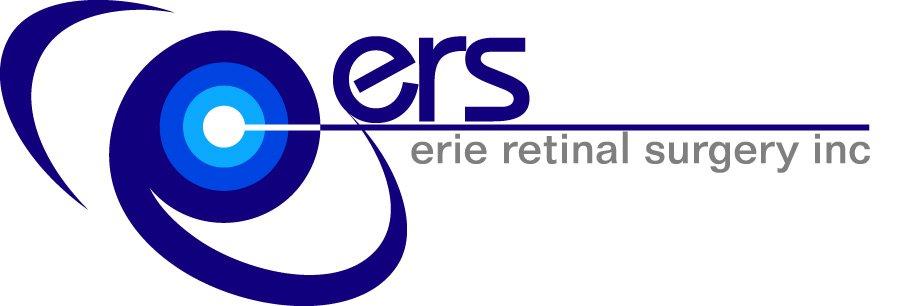Pneumatic Retinalpexy
WHAT IS RETINAL VASCULAR DISEASE?
Retinal vein occlusion is the most common form of retinal vascular disease and occurs when one of the tiny veins in the retina becomes blocked by a blood clot. This is sometimes referred to as an “eye stroke”. Retinal vein occlusions cause painless vision loss and vary in the degree of vision loss from mild to severe.
Retinal vein occlusions are serious conditions, which can affect your vision, caused by a blood clot in a tiny vein in the retina. An occlusion is a medical term for blockage so retinal vein occlusion means the retinal vein is blocked. This stops blood draining away from the retina and blood ‘backs up’ behind the blockage. Fluid and blood will then leak from the blood vessels into the delicate tissue of the retina, forcing its layers apart and affecting its ability to respond to light.
WHAT CAUSES RETINAL VASCULAR DISEASE?
Retinal vein occlusions occur mostly in people over the age of 60 years. Conditions which increase the risk of retinal vascular disease include: high blood pressure (hypertension), high cholesterol (hypercholesterolemia), high lipid levels, elevated eye pressure (glaucoma), diabetes, smoking and conditions which cause the blood to abnormally clot.
HOW DO YOU TREAT AND MANAGE RETINAL VASCULAR DISEASE?
Your Erie Retinal Surgery physician will perform a dilated examination in addition to acquiring retinal photographs, fluorescein angiography and optical coherence tomography scans to assess the degree of blood flow blockage and amount of secondary bleeding and swelling.
The damage to your retina in retinal vascular disease is managed by a number of different treatments including anti-vascular endothelial growth factor (anti-VEGF) intravitreal injections (these medicines stop the abnormal blood vessels growing then leaking and bleeding under the retina), steroid injections (to minimize swelling) and laser (to improve swelling and eliminate abnormal blood vessel growth).
It is important to detect and treat any underlying risk factors for the condition such as treatment of high blood pressure, treatment of raised cholesterol levels, good control of diabetes, stopping smoking, treatment for blood clotting disorders or rare blood problems and controlling eye pressure (in cases of glaucoma).
WHAT SHOULD YOU DO IF YOU THINK YOU HAVE RETINAL VASCULAR DISEASE?
If you experience symptoms consistent with a retinal vein occlusion or have a history of vascular disease, contact us at Erie Retinal Surgery and we will arrange for you to be evaluated. You can expect a dilated examination and various imaging tests to look for the extend of blockage and swelling in the retina. If you have any questions, please feel free to contact us any time.
